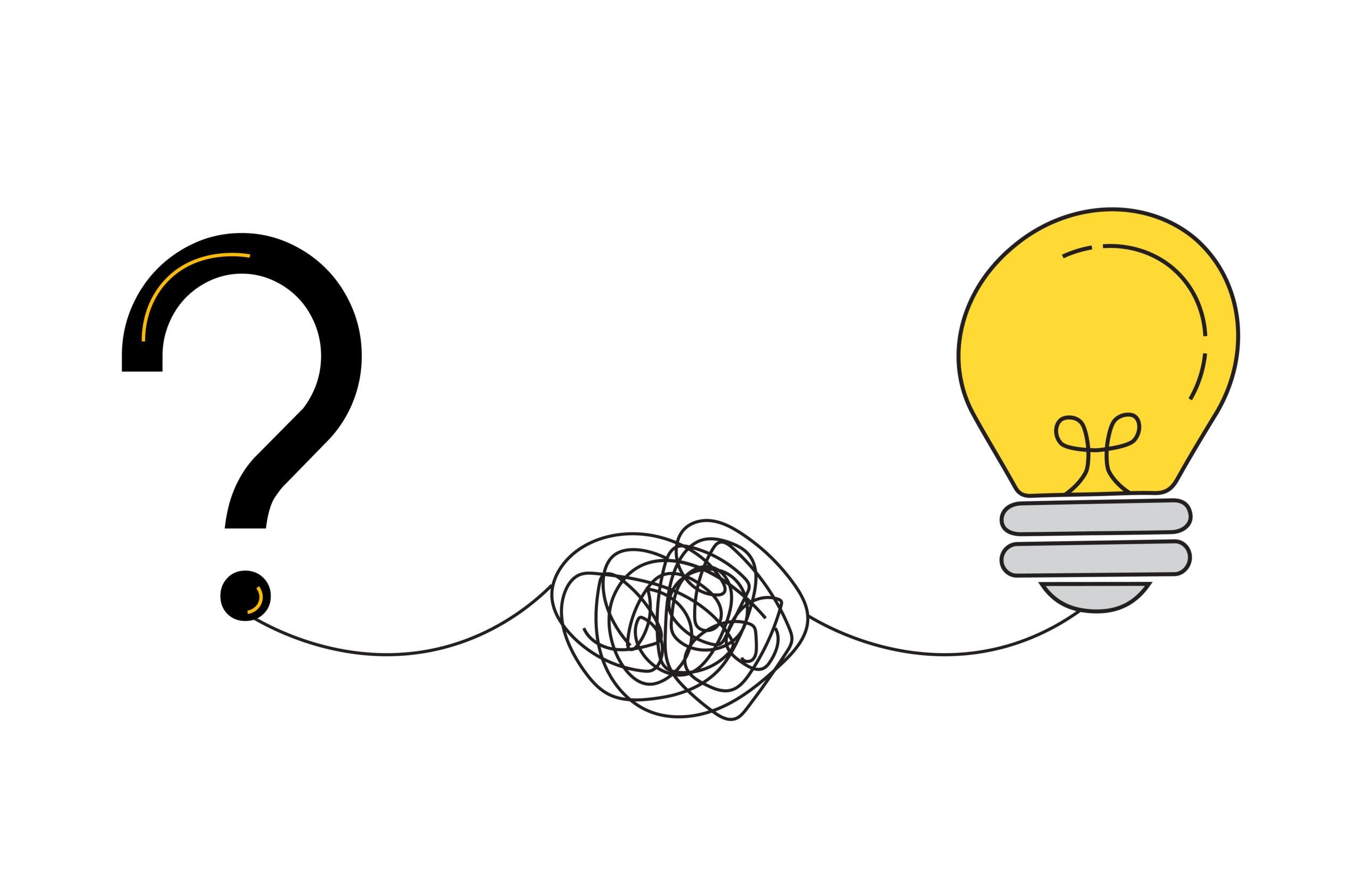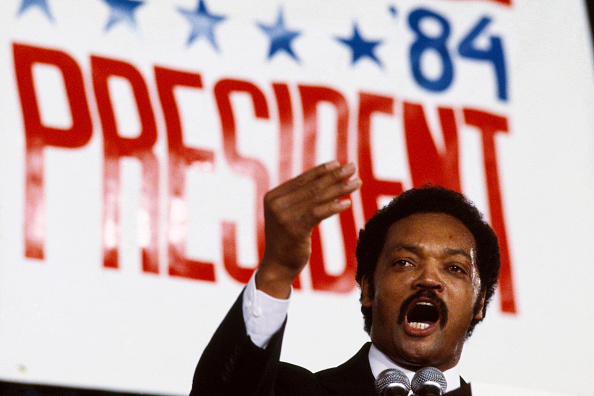Critical thinking is today’s essential skill: We overlook it at our peril
(4-minute read)
As organisations join the apparent goldrush to implement AI solutions, clear leadership thinking is often the first casualty. There is emerging evidence that hurried and poorly thought-through deployment is destroying value rather than creating it. That’s why the smartest organisations are investing in thinking skills – and making this a priority.
A recent MIT Media Lab/Project NANDA report, indicates that a staggering 95% of organizational investments in gen AI have failed to create value.
FOMO
As Haritha Khandabattu Senior Director Analyst at Gartner group, put it in the FT recently, ‘”When it comes to AI adoption, many companies aren’t guided by strategy, but by FOMO. For some leaders. the question isn’t, “What problem am I solving? But what if my competitor solves it first?”’ Few things motivate us humans quite as much as the fear of being left behind.
In our experience there is only one powerful prophylactic against hype and group think – clear leadership thinking. Against this backdrop, it’s no surprise that the smartest organizations are asking us to train their people in this discipline.
Critical thinking
Critical thinking is one of those phenomena that is best understood by looking at examples of its absence. The Gatwick Airport drone incident of Christmas 2018 is a prime one.
Reports emerged of a drone sighted near the runway. Within minutes, operations were suspended. Over the course of 36 hours, more than 1,000 flights were cancelled or diverted, affecting 140,000 passengers.
Publicly vilified
Police and security forces scoured the surrounding area. A local couple were arrested and publicly vilified, their names and faces splashed across the press. Yet within days they were released without charge. The police conceded there was no evidence against them. Then came the most startling revelation: after exhaustive investigation, no drone was ever confirmed to have been present at Gatwick at all.
The airport itself admitted this. Sussex Police’s lead investigator later told the press that, the possibility that there had never been a drone was very real.
Critical decision-making
This is precisely why military training and critical decision-making frameworks emphasise a simple but essential discipline: separating what is actually observed from what is inferred or assumed. The U.S. Air Force’s OODA loop (Observe–Orient–Decide–Act) begins with this discipline. “Observe” means just that: what do we know to be true from direct, verifiable evidence? Only then do we “orient” by asking what those observations might mean.
At Gatwick, those steps collapsed into one another. Initial reports of a drone became assumptions that a drone must be present. Assumptions hardened into “facts,” which in turn drove costly decisions. This is classic “confirmation bias,” where we notice what fits the story we already believe.
What does critical thinking mean for leaders
For leaders, critical thinking means continually asking:
- What can we actually observe?
- What do we think or infer from those observations?
- What would we need to see to be sure, and are we seeing it?
So often the problem is not a lack of intellectual prowess but a failure to ask the right questions. Another example that we often share is that of Yuri Geller, the illusionist who dominated the headlines in the 1970s with his spoon bending antics.
The spectacle was convincing. Spoons bent under his touch. Compasses spun without contact. And Geller repeated these feats not just on stage but in front of scientists. Prestigious physicists – among the most accomplished minds of their time – were brought in to investigate. They set to work, examining Geller’s claims with the tools and assumptions of their field. They looked for mechanical force, magnetic interference, energy fields. And in the end, their conclusion was extraordinary: they could find no rational physical explanation for what was happening. So, they reasoned, perhaps this was something new – evidence of phenomena beyond the known laws of nature.
The headlines wrote themselves. Geller’s reputation soared.
The art of deception
But then, James Randi, a professional magician asked a different kind of question: were physicists really the right people to be studying this? They knew everything about matter and energy. But what if the right expertise wasn’t in the laws of the universe, but in the art of deception?
So, the same feats were put in front of a different panel – stage magicians. The kind of people who bend spoons for a living, and whose job it is to create wonder by carefully hiding what’s really going on.
The results were immediate. The magicians saw through it. They replicated Geller’s “psychic” effects using standard tricks of the trade. They understood the sleight of hand, the misdirection, the psychology of what the audience thought they saw. The mystery vanished.
Thinking skills
The conclusion is simple, but profound. The physicists weren’t lacking in intellectual horsepower. They were simply looking with the wrong lens. Suppose we look at this not through the lens of physics, but through the lens of illusion? That’s what we mean by thinking skills.
Or take the case of the professor at Texas A&M University-Commerce in 2023, who attempted to detect widespread AI usage by pasting students’ essays into ChatGPT and asking whether they were AI generated. Chat GPT confirmed that they were. The professor failed his entire class. Following widespread public and media criticism, the university was forced to acknowledge that Chat GPT could not reliably detect anything of the sort, and the cheating accusations had to be rapidly withdrawn.
Again, this was not a failing of intellect or technology. It was a failure rigorously to ask the right questions:
- How do I know that this technology has the capability to solve the problem?
- What method does it use?
- What benchmarks does it use as the basis for evaluation?
- How do I test whether it’s giving me the right answers?
Thinking skills are crucial
Business leaders must resist the idea that they can outsource management thinking to AI. Thinking skills are crucial because they are a very human counterbalance, without which organisations end up like the airport authority seeking out the drone; or physics professors examining Yuri Geller.
Technology without thinking skills is like a high-performance sports car without driving skills. There are moments when it looks impressive, but it tends to end up wrapped around a tree To find out how we can help leaders in your organisation to be more impactful, influential and persuasive visit www.threshold.co.uk
To find out how we can help leaders in your organisation to be more impactful, influential and persuasive visit www.threshold.co.uk





